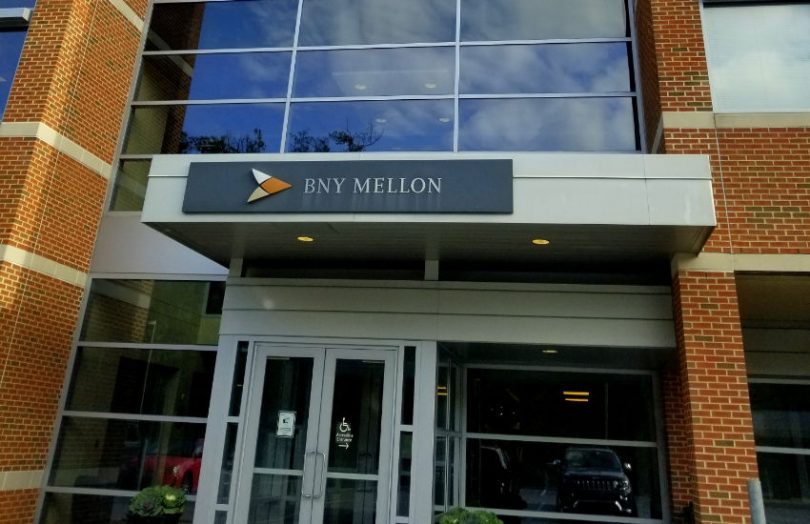Today BNY Mellon CEO Robin Vince published an opinion piece in the Financial Times calling for a reset after the recent crypto crisis. Many FT readers might be unaware of a critical context: rules are currently being finalized that might severely restrict BNY Mellon’s custodial role in the digital assets sector, mainly for cryptocurrencies but also for tokenized equities and bonds.
Vince said we should encourage digital asset innovation, particularly tokenization, while calling for regulations consistent with established rules and principles.
The opinion piece
The FT article doesn’t directly reference the failed FTX cryptocurrency exchange but mentions the “fallout from co-mingled client assets, poor disclosure and missing internal controls.”
As context, BNY Mellon is the world’s largest custodian looking after $42 trillion in client assets. And using third-party custodians generally reduces the risk of co-mingling.
Suppose tokenization sweeps across conventional assets such as equities, bonds and real estate. In that case, a large proportion of BNY Mellon’s custody services could involve looking after digital assets in five or ten years.
If regulations support it.
Vince asked for a regulatory framework that enables the financial sector to “prudently embrace” innovation and maintain the “basic tenets of client protection, orderly markets and clear regulatory guidelines.”
The piece concludes, “There is a path to be found. We should embrace digital asset innovation, and align it to established rules and measured regulatory principles in order to protect customers and promote resiliency. In so doing, we also protect the most precious asset of all — confidence in our financial system.”
The coming Basel digital asset rules for banks
The Basel Committee for Banking Supervision has published two drafts of rules for banks involved in digital assets. It’s expected to finalize the rules soon, possibly even this month.
Based on the second draft, for a bank such as BNY Mellon to custody cryptocurrency, it would have to set aside a dollar of capital for every dollar of cryptocurrency it custodies. Currently, BNY Mellon’s capital is one-twentieth of one percent of the assets it custodies.
Dollar for dollar is economically prohibitive, which is intentional. It prevents banks getting involved at scale.
Several regulators and central bankers have warned of financial stability risks of increased linkages between crypto and mainstream finance.
On top of this one-for-one capital requirement, Basel limits cryptocurrency exposures to 1% of Tier 1 capital. The earlier Basel draft did not treat custody as an ‘exposure’ to crypto-assets, so these rules did not apply.
Between the two Basel drafts, in March, the SEC came out with a thunderbolt rule demanding that all crypto-assets held in custody, including tokenized bonds and equities, be held on the balance sheet.
Just focus on tokenization?
Now you could argue that big banks like BNY Mellon and State Street should focus on tokenized bonds and the like, where the Basel rules impose a far smaller surcharge (still costly). However, the technology is the same, and there’s far more traction in crypto. So if these banks are to be ready for the tokenization wave, they need experience. That means providing custody services for crypto.
If they’re not allowed to get involved at scale, then others who are more lightly regulated and less prudent will fill the void. Institutions would prefer to deal with the likes of BNY Mellon and State Street. However, non-bank institutions such as Nasdaq see this as an opportunity because they’re not subject to Basel rules.
Some institutions will only get involved in digital assets if they can use their main custodian, which could slow the growth of the cryptocurrency sector if those custodians are restricted.
Isn’t that precisely what regulators want?
Assuming it is, the final Basel digital asset rules will likely be strict.






